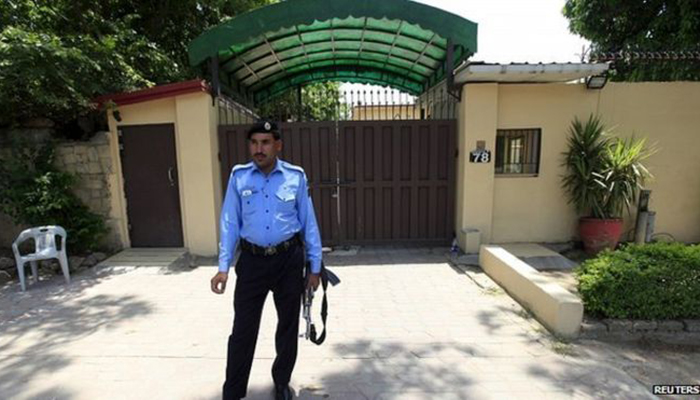Squeezing out the NGOs and INGOs from Pakistan
While it is the state’s right to monitor the workings of all organizations within its boundaries, a more empathetic approach to NGOs and INGOs is needed
October 12, 2018

The space for civil society is shrinking in Pakistan.
What began as unannounced visits to the local offices of Non-Governmental Organizations (NGOs), soon turned into aggressive raids by fourteen different state agencies. Now, NGOs and International Non-Governmental Organizations (INGOs) require ‘clearance’ in order to continue working in Pakistan.
The tightening of our reigns began in 2015 with an attempt to ‘streamline and facilitate the work of INGOs in the country’, as stated on the Ministry of Information’s website. The procedure of registering with the Ministry and the Economic Affairs Division can take months and even years, under the revised rules.
The role of a strong government in reducing income inequality, and the provision of social protection, is key to poverty reduction in developing countries such as India and Africa. But political instability in Pakistan and a weak programmatic capacity, teamed with a lack of will for change, has left the country behind in its social protection programming. If carried out effectively, social protection can help reduce poverty, assist low-income families, invest in health and education and empower women.
Unfortunately, the state’s capacity and investment in social protection has been at its lowest ebb recently. This is precisely where the role of NGOs comes in.
But the new rules for INGOs and NGOs are confusing, to say the least. Under which, all civil society organizations are required to file new applications of registration with the government. Even though, these organizations already operate under the law and have valid documents.
The NGOs and INGOs are also now required to forward their complete details to the Economic Affairs Division, which has only recently been entrusted with the responsibility and is just as confused. The process does not stop here. A clearance is further required from several agencies, for whom such matters are of the lowest priority.
Then there the expulsions. Last week, the Interior Ministry of Pakistan reportedly gave 18 international foreign aid groups 60 days to shut down and leave the country. One of those sent packing was Johannesburg-based ActionAid. While the INGOs can reapply after six months, the process of pulling down the shutters and then reopening them is cumbersome.
No doubt that is important to regularize organizations and their work, a pattern followed in many countries, there is a dire need for uniformity and transparency in this process. It is also important to think deeply about priorities and the rising issues of poverty, inequality and marginalization in Pakistan, to which NGOs have contributed greatly and have filled gaps sometimes with the help of the local governments.
A culture of the show of most power is consolidating roots in the country which is hurting and neglecting the basic rightful access to entitlements of food, livelihood, health and education for the most vulnerable. While it is the state’s right to monitor the workings of all organizations within its boundaries, a more empathetic approach to NGOs and INGOs is needed.
After all, there are only here to help.
Alam is the founding member and secretary general of FACES Pakistan.
Note: The views expressed are those of the author, and do not necessarily reflect the official policy or position of Geo News or the Jang Group.











